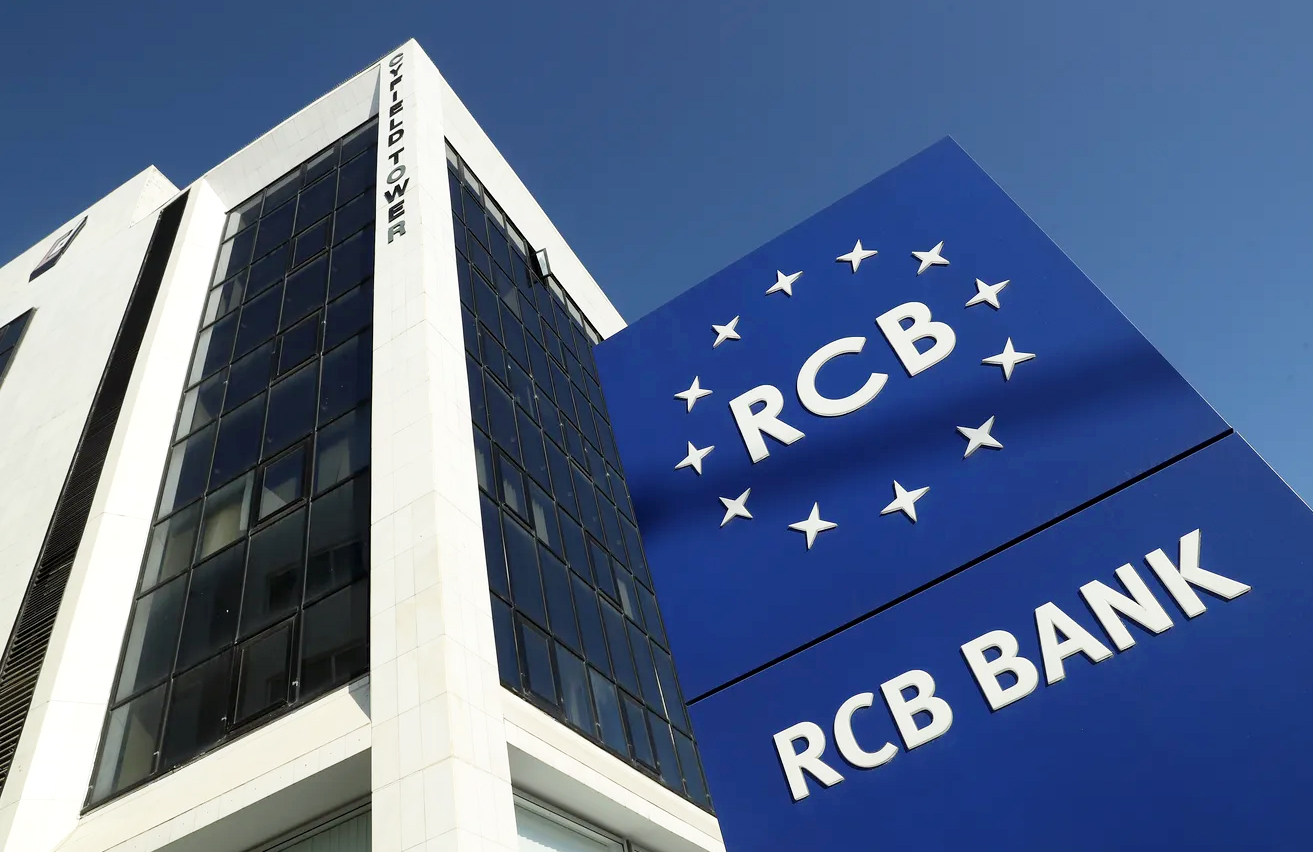Limassol – RCB Bank announced last week that it will cease operating as a bank and would become an asset management company.
The bank cited the “ongoing and extremely volatile geopolitical situation” as the key reason for its transformation and adoption of a new business model, despite its ample liquidity and capital, saying that this helped to ensure the best interests of its clients.
The announcement came two days after the bank boosted its liquidity levels by selling a performing loan portfolio, worth €556mln to Hellenic Bank, with the approval of the European Central Bank (ECB).
“The Bank will proceed with the full repayment of all its obligations towards its clients and continue focused on the management of the remaining assets,” RCB said in a statement issued on Thursday, 24 March, a month after the start of Russia’s invasion of Ukraine.
“After the bank completes its shift away from accepting deposits and granting loans, it plans to transform into a regulated asset management company, given the substantial assets on its balance sheet,” RCB said, adding that “during this transformation process, RCB Bank will continue to service its existing clients and process all requests for payments or deposit transfers to accounts with other banks, meeting any current obligations.”
Shortly after RCB’s announcement the ECB issued a release fully endorsing the decision “to voluntarily phase out its banking operations” and offering its assurances to depositors.
The ECB announcement said: “The bank’s plan, which includes full repayment of all depositors, follows the impact of geopolitical risks on its operations since the Russian invasion of Ukraine.”
The ECB decided “to appoint a temporary administrator to closely monitor RCB Bank’s liquidity position and capital position and to oversee the orderly repayment of its depositors.”
The temporary administrator would not replace the current management body, but instead work with it for the orderly implementation of the bank’s voluntary phasing-out plan.
There had been warnings for the bank, as there was an outflow of deposits after Russia’s invasion of Ukraine.
Much of RCB’s business depended on the Russian market while the escalation of the war and broadening of sanctions increased the uncertainty about its future operations.
RCB Bank (formerly Russian Commercial Bank) was founded in 1995 and is headquartered in Limassol, Cyprus, with branches in Nicosia and nine other locations. Russia’ 2nd largest bank, VTB owned a controlling stake in RCB until it sold all its shares to Cypriot shareholders in the midst of the economic effects caused by the war in Ukraine in February.








